Seldom do we find ourselves reaching to Old English for words in the year 2024, but since striking out as the newly awoken Arisen in Dragon’s Dogma 2, I find myself seeking phrases I wouldn’t normally use.
“There’s aught over yonder,” I’ve heard pawns cry. I’ve started opening my questions with “pray tell” and addressing my companions as “ser.” It’s an epidemic far worse than Dragonsplague, but I truly cannot stop myself – and that’s in large part because of how deeply the hooks of Dragon’s Dogma 2 have sunk into my shoulders.
As an RPG fan, I knew I’d probably have a good chance of falling in love with this game. It has every element I gravitate to – fantasy, intrigue, narrative choices, consequences – but it also has an added flavour that I can’t quite put my finger on. That flavour, that spice, is what has made my experience playing Dragon’s Dogma 2 altogether consuming.
Rise, Arisen…
Dragon’s Dogma 2 begins in a dark, dank gaol – replete with cruel overseers and taxing manual labour. As you heave gigantic boulders around at the behest of your merciless supervisor, a voice echoes within your mind, bidding you to rise…
After an almighty din alerts everyone to the emergence of a gigantic snake-like Gorgon – wreaking devastation as the denizens of the gaol try desperately to escape its clutches – the Arisen is given no choice but to leap into action (with the potential for a striking Dune moment as you ride the worm).
Escaping only by the skin of your teeth, the Arisen is faced with a terrifying choice: stay and face the clutches of the gaol, or leap headfirst off a towering crag, risking everything as they plummet down onto the waves below.
And with that choice, the Arisen begins treading a dangerous path towards destiny.
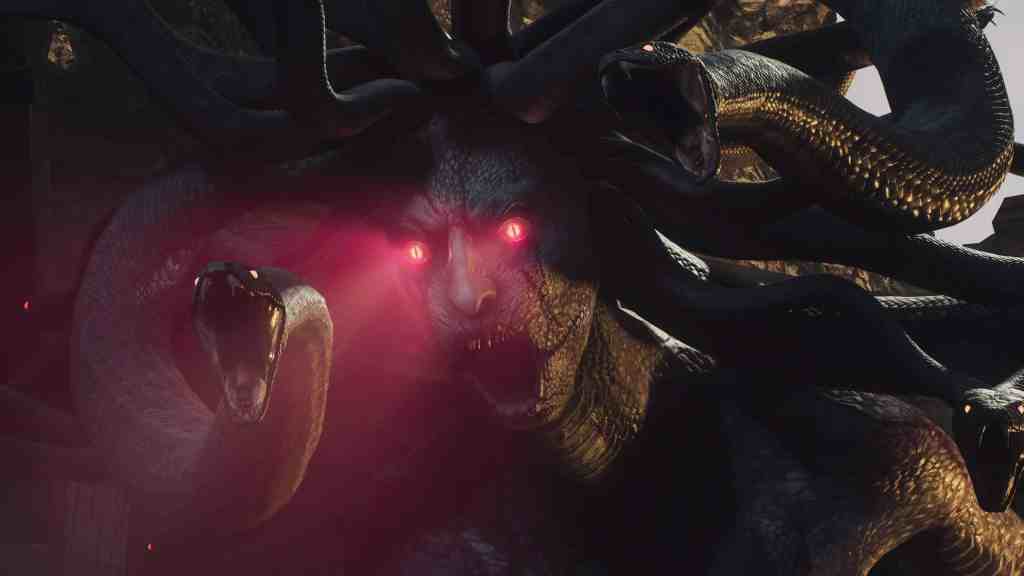
The thrill of the spin
Gameplay in Dragon’s Dogma 2 will depend heavily on your choice of vocation. From Fighter to Mage and more, these changeable classes impact both your combat style, and the type of party you’ll construct.
When given the option in a game, I will almost always fashion myself into a charming but devious rogue. I can’t help it – it’s my nature. Perhaps I was a little too into Oliver Twist as a child, but if I see “thief” as a class option I am yoinking it faster than Dodger-picked pockets.
While I tried out an assortment of the vocations that Dragon’s Dogma 2 has to offer – with special mention going to Mystic Spearhand, which allows you to punt your enemies into the air like you’re facing down a cricket ball from Mitchell Starc – I found myself returning often to Thief and my whorling, ice-tipped daggers.
The biggest appeal was one particular ability: Helm Splitter, and in its advanced form, Skull Splitter. This move sees your character leap directly upwards and spin rapidly, front-flipping with reckless abandon as your blades slice through both air and enemy flesh. It’s elegant and beautiful in its viciousness – and massively effective on some of the colossus-sized enemies you’ll face.
It also had me hollering, “wheeeeeeeee!” every time I employed this skill. And while facing down ogres, cyclops and griffins, I employed that skill a lot. Playing Dragon’s Dogma 2 has upped the volume of my household.
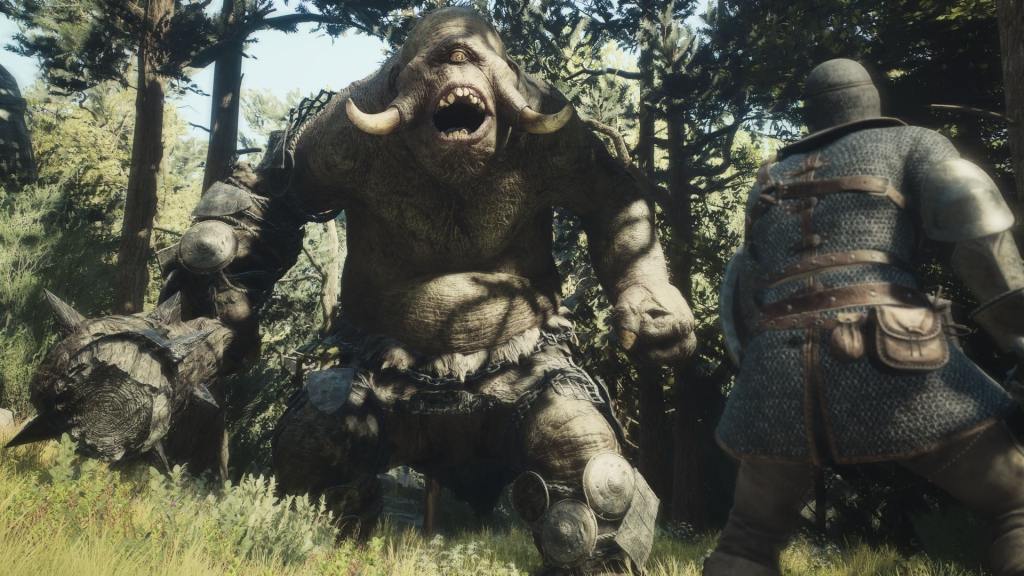
While Thief certainly has my heart, that’s not to say that the other vocations didn’t appeal. The breadth of skills and augments available to amplify your combat is nothing short of impressive, and it’s refreshing to be able to swap between them with relative ease (so long as you don’t mind reshuffling your inventory each time).
It’s a massive help when it comes to party structure, and maintaining a balance that feels both effective and challenging in the field. For the bulk of my playthrough, I maintained a party structure of Thief and Sorcerer (my Main Pawn), plus Pawns from both Warrior and Mage vocations. This very evenly balanced combination of sorcery and melee combat was an effective blend against most enemies.
Read: Dragon’s Dogma 2 players are using its character creator for good and evil
From Pawn to brawn
From a fan-favourite mechanic in the original to now my favourite element of the sequel, Pawns are back in a big way. With an array of variations in vocation, disposition, skill level, quest experience and more, these Pawns are unequivocally the best part of the game.
Players will have the opportunity to craft their own unique Main Pawn at the beginning of the game, who will travel alongside them throughout the course of their adventures (and who can take the form of whatever horrid creature you can imagine), but the recruitable, interchangeable Pawns are where things start to get interesting.
In the early days of my campaign, I stumbled across a lanky fighter Pawn named Sean, whose voice was a rib-tickling blend of Laszlo Cravensworth and Christian Borle in Something Rotten. With his Straightforward disposition, this Capcom-created Pawn was a blunt and unintentionally hilarious companion that I held onto for, admittedly, far longer than he was useful.
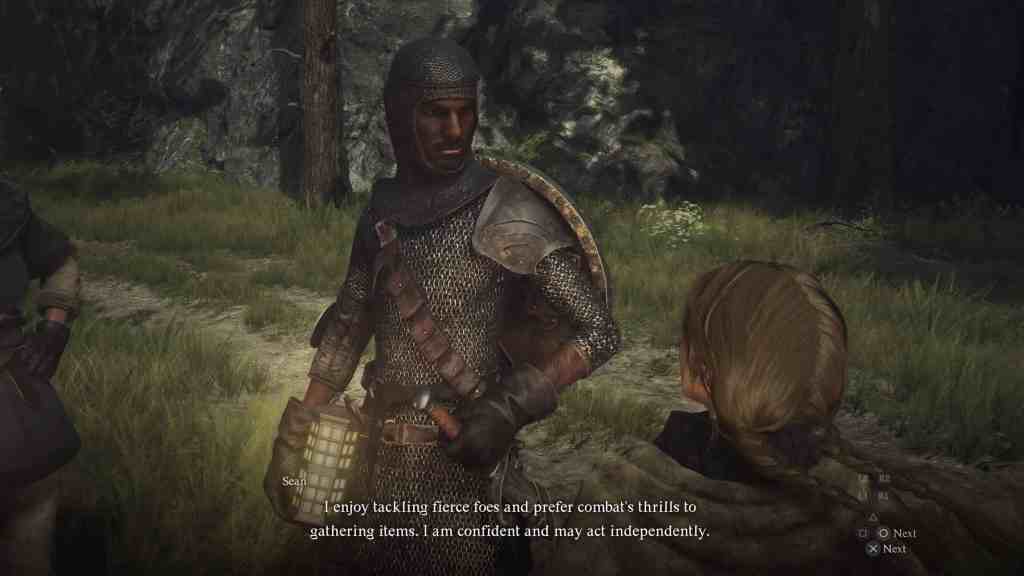
This became a common thread in my playthrough – spending a little extra to get Pawns a few levels higher than I was, to extend the amount of time I’d have with each of them. Because of this, I only switched up my lineup when absolutely pressed – and it delayed the appearance of the ominous Dragonsplague.
Given my unreasonably clingy attachment to the Pawns I took on my adventures, the idea of Dragonsplague felt immediately threatening. I ignored the first warnings from my Main Pawn (modelled after my partner, which was immediately funny when we realised how much of a simp the Main Pawn is for the Arisen).
This would prove to have dire consequences not only for my Pawns and party, but for the wider populace of whichever region I was in, when the afflicted Pawn reached their dark and gruesome end.
The consequences of your actions
If there’s one thing that can be said for Dragon’s Dogma 2, it doesn’t pull punches. While there are certainly ways around it, the consequences of your actions – or inactions – feel real and tangible, in a way that feels reminiscent of how The Witcher 3: The Wild Hunt made small choices feel pivotal to the endgame narrative.
Dragonsplague is the most obvious of these consequences, with potentially catastrophic collateral damage on the table. Levelling entire cities worth of NPCs in one fell swoop feels like a gut-punch, worsening as you walk through the evidence of your own negligence. The consequences aren’t always life-threatening on that scale – though that doesn’t mean they aren’t impactful.
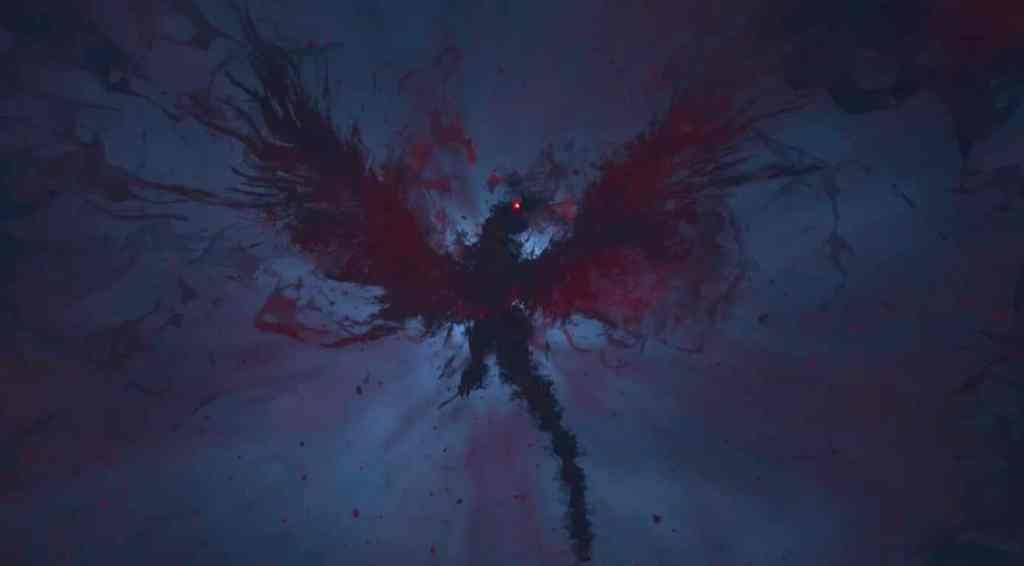
The decisions you make in terms of quest order also carry a lot of weight. Some quests resolve themselves faster than others, and when you’re charged with rescuing an NPC – often a child, at that – it can be a very quick and painful lesson in only taking on what you can handle at that time.
This experience lends credence to the thought that the most painful consequences come from inaction. Whether you’ve forgotten to promptly rescue a child at the mercy of a wolf pack, or you’ve hesitated a fraction too long to prevent an assassination attempt, inaction can be dire indeed – and devastating when you return.
Were you too late? Did you opt not to act? Or did you just, like many others before you, find yourself too preoccupied with another storyline to bother? When returning to these NPC quest-givers, even the most heartless among us will leave beset with guilt, having borne witness to the NPC’s utter anguish.
The beauty of restriction
While Dragon’s Dogma 2 certainly ticks the boxes of most conventional open world RPG tropes, the heart of the game lies in restraint. There are countless paths open to you as a player, but the game is crafted in such a way that there are certain bastions that hold firm.
Fast travel is rare and restrictive, encouraging players to properly take the time and wander the deliciously crafted world. In an interview with IGN back in January, game director Hideaki Itsuno touched on this choice, saying, “We’ve put a lot of work into designing a game where you can stumble across someone and something will happen, so while it’s fine if it does have fast travel, we decided to design the map in a way that the journey [itself] could be enjoyed.”
The game is also intentionally challenging, with no difficulty modes save for the limitations you place on yourself. With only a single save slot, you can’t always get a re-do when you regret an action or choice. A lack of target lock-on can make enemy encounters all the more difficult to take on, especially if you’re encountering a mob. Inventory weight limits are a frustrating encumbrance, even with shared loads across Pawns.
But while you can’t specify a set challenge level, the degree of difficulty does change depending on how you move through. Folks angling for a harder challenge can opt for vocations that up the stakes, or to go it alone without the aid of additional Pawns. Meanwhile, players who seek an easier ride can opt for more powerful Pawns and straightforward combat-led vocations.
In truth, these restrictions can be equal parts irritating and incredible – they push you to problem-solve, and encourage a considered approach. But from an approachability perspective, this likely will not go far enough.
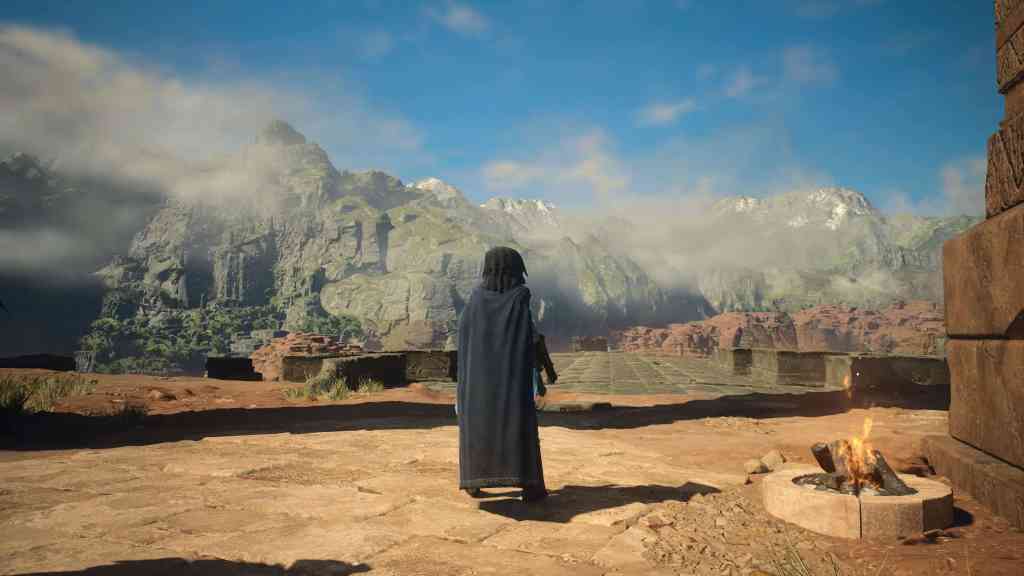
Dragon’s Dogma 2: Final thoughts
For all intents and purposes, Dragon’s Dogma 2 is a feast of all the ingredients that make open world RPGs so eternally popular – blending dynamic quest structure and in-depth customisation with well-tailored combat and narrative consequences that feel hard-hitting and real.
Where Dragon’s Dogma 2 shines most is in the attention to detail, particularly when it comes to customising your adventure. From the specificity of the sliders in character creation, through to the near-overwhelming array of paths for you to take through the story, Dragon’s Dogma 2 certainly delivers on the promise that each Arisen will be able to forge their own path.
Fans of the original will see growth, while newcomers will be treated to an extremely fulfilling journey through the world – where there’s aught to see around every corner of the map.
Four stars: ★★★★
Dragon’s Dogma 2
Platform(s): PlayStation 5
Developer: Capcom
Publisher: Capcom
Release Date: 22 March 2024
Dragon’s Dogma 2 is now available for PC, Xbox Series X/S, and PlayStation 5.
GamesHub has affiliate partnerships. These do not influence editorial content. GamesHub may earn a small percentage of commission for products purchased via affiliate links.





